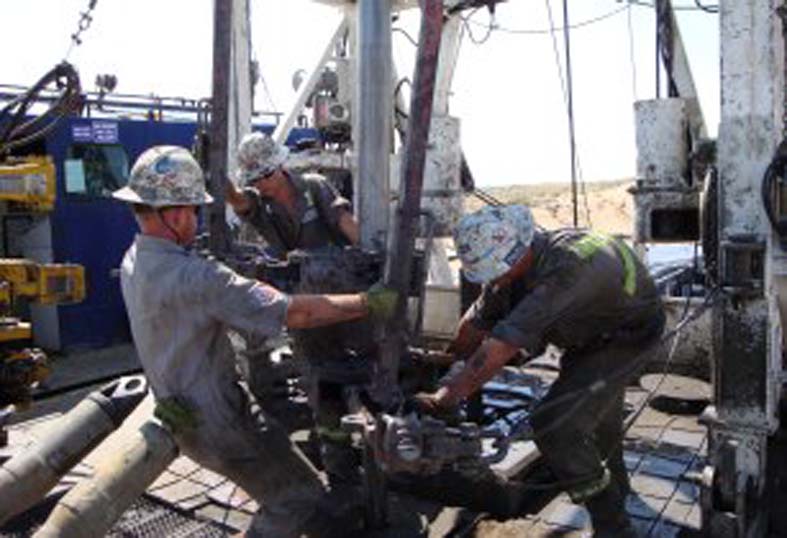A year high oil price followed by a slump of more than one per cent within 48 hours may be uncertain for producers, but potentially lucrative for the safety sector as companies chase efficiency over relentless production
As the World Energy Conference meets in in Istanbul, Turkey, the world oil price has risen and fallen, causing many, particularly energy ministers in the OPEC countries to hold meetings and discussions in an attempt to stabilise the pricing. A higher price for oil means more money invested in the sector, allowing the oil industry to flourish. However, as the price has fallen, investment in a number of secondary sectors such as logistics and exploration has fallen. However, health and safety could benefit from the instability of the oil price in the short and medium term futures.
Our sister publication, Oil Review Middle East interviewed Nadim Borini of Permasense monitoring systems in October 2016 [can be read here] where he explained that there were industries doing well in the oil price slump. "Unlike the producers in the region, we have been largely unaffected by the drop in oil price. In fact, we may be more in demand as we are there to improve our customers profitability through better and quicker information. With us, decisions can be made with more knowledge of our customers assets, so we help businesses run more efficiently."
In addition to technology for asset management to increase profitability, Health, Safety and Environment (HSE) could be the next sector for investment. There was a trend in this investment in 2013 as prices picked up, but as they have fallen again, there has been little interest in financial aid in HSE.
However, as Derek Lowe, chemical engineer at Intelex Technologies wrote last year, low oil prices create the opportunity for forward thinking companies. As Lowe wrote in breakingenergy.com, "Safety outcomes have a direct impact on the bottom line, making your HSE programme a terrific place to turn to when you’re searching for an impactful way to improve your overall business performance.
"On the flipside, a mismanaged HSE programme has many potential costs, including higher injury rates and insurance premiums, fines, disruptions to operations, lost productivity, damage to property or equipment and decreased standing with potential customers, investors and partners."
HSE may not have a direct financial benefit, but the cost benefit of investing small now, whilst prices are low, may prove beneficial as prices go up. If production in the OPEC countries maintains at its current rate as profits are squeezed, an avoidable HSE incident is not what production need. Therefore, Lowe et al have a valid argument for producers and other oil-related firms to invest in HSE now to save for tomorrow.






